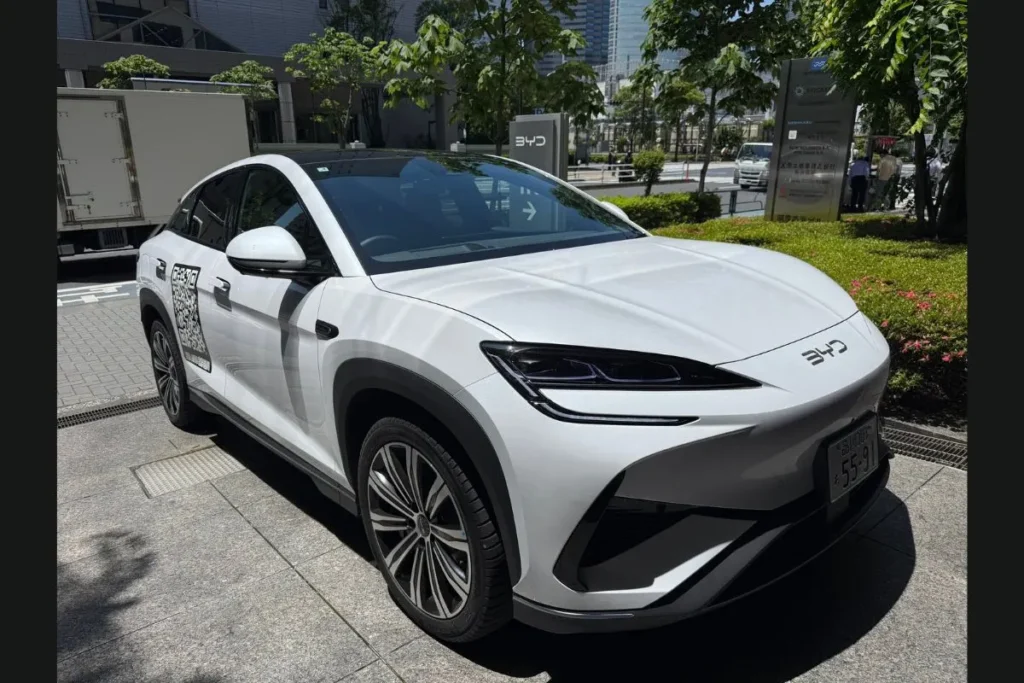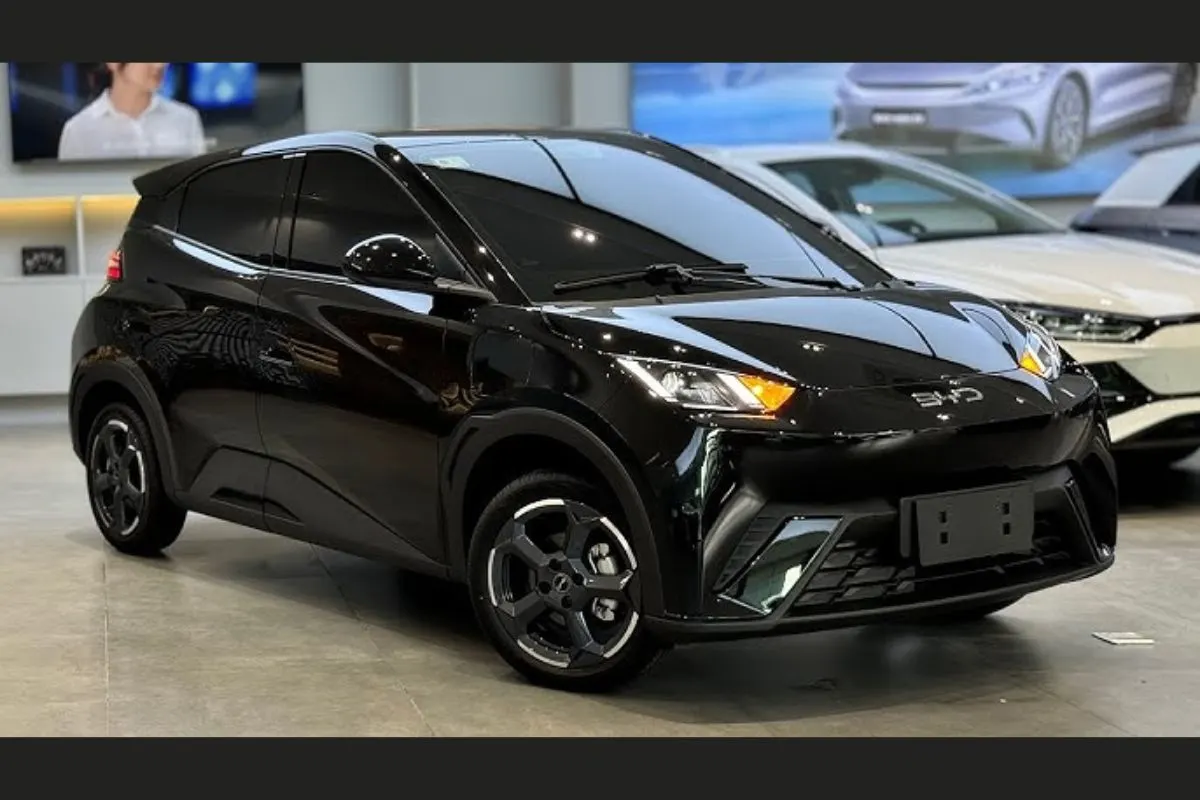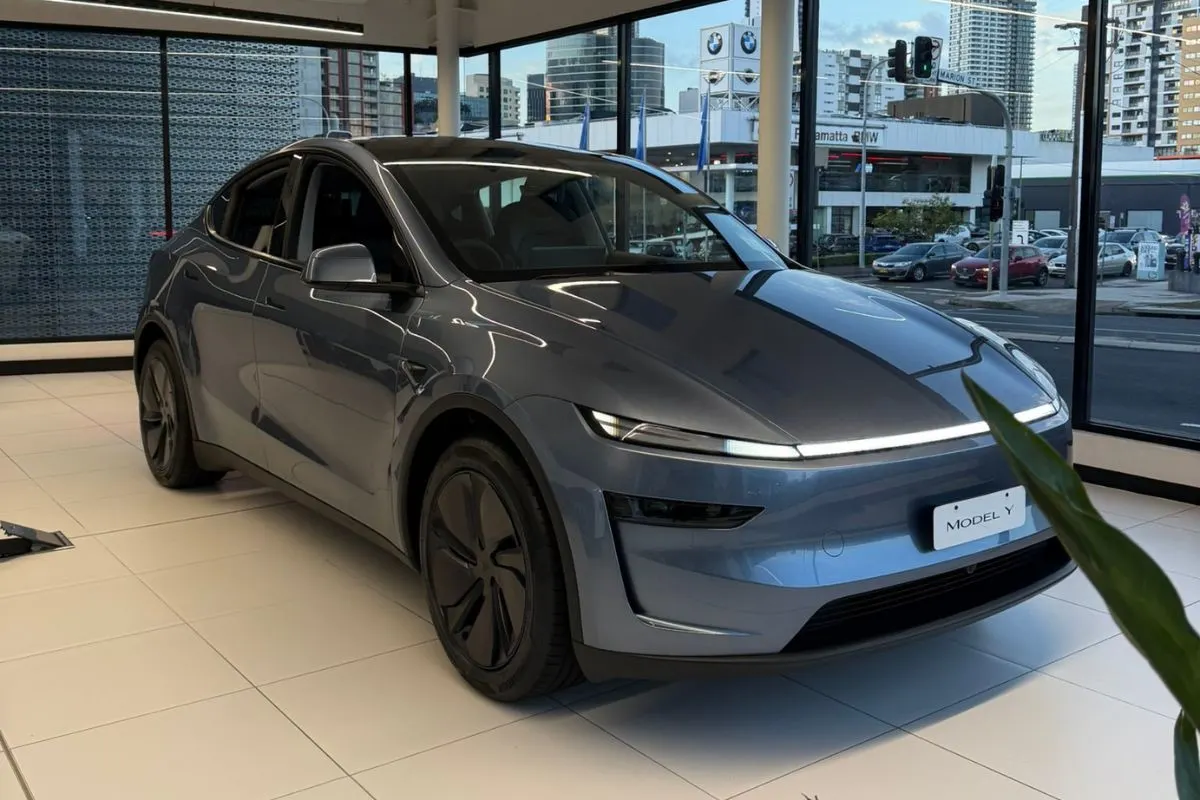According to persons familiar with the situation, Chinese officials called the leaders of the country’s largest electric car manufacturers, including BYD Co., to Beijing earlier this week to discuss concerns with the ongoing pricing war.
According to those who want to remain anonymous, the Ministry of Industry and Information Technology, the leading economic planning organization and market regulator, convened the meeting where private information was discussed. According to the persons, key officials from over a dozen manufacturers, including Xiaomi Corp. and Zhejiang Geely Holding Group Co., attended the event.

Authorities advised EV manufacturers to “self-regulate” and refrain from offering irrational price reductions or selling vehicles below cost. According to the participants, they also addressed problems like “zero-mileage” automobiles and growing supplier invoices that are reducing cash flow across the supply chain and serving as a kind of debt financing for manufacturers.
Read more: How Much Discount on Tesla Model Y Juniper?
China’s market, industrial, and economic regulators seldom convene with the automobile sector to discuss operational issues like price. Given worries that the pricing war is becoming unsustainable and may force weaker firms into bankruptcy, the action demonstrates the level of attention the country’s senior leadership is giving the industry. According to the sources, the meeting did not result in a required mandate, and it is unclear what penalties manufacturers would face for disregarding the verbal warnings.
Requests for comment from BYD and Xiaomi were not answered. A Geely spokesman cited a recent speech in which Chairman Li Shufu declared that the business will compete on the basis of technology and its principles and firmly opposes price wars.
Questions faxed to the National Development & Reform Commission, the State Administration for Market Regulation, and the Ministry of Industry and Information Technology were not answered.
The warnings follow criticism from state media and industry associations after BYD launched the most recent round of price war late last month with discounts of up to 34%.
The China Automobile Manufacturers Association said in a statement, without mentioning BYD, that the action taken by a particular business had sparked a fresh round of “price war panic,” sending the industry into a “vicious cycle” and endangering supply chain security. “Varicious competition is exacerbated by disorderly price wars, further reducing corporate profit margins,” the organization stated.
In recent days, stories from official broadcaster CCTV, People’s Daily, and Xinhua—all media outlets directly under the supervision of the Communist Party leadership—have urged automakers to halt discounting and bring order back to the sector. If not, this may result in cheap, subpar goods that harm the brand’s reputation abroad and the perception of “Made-in-China,” according to the People’s Daily.
During this week’s conference, industry officials were chastised for the second time in a short period of time for producing “zero-mileage” automobiles, a practice in which manufacturers who have fallen short of their sales goals sell their new cars to supply chain finance businesses or used car dealers.
Manufacturers register these almost new automobiles as sales even if they haven’t reached the final customer, and they subsequently show up on the resale market with no miles. Last week, the Ministry of Commerce also discussed the matter with at least two significant automakers and online marketplaces for old automobiles.
Read more: America’s Silent Surrender: Chinese EVs Enter Through Mexico
By requesting lower part pricing and postponing bill payment by months, automakers have been attempting to shift the cost of the price battle to suppliers. Late last year, BYD demanded a price decrease from one of its suppliers, which sparked media attention and raised questions about whether the EV giant was utilizing supply chain finance to cover up its mounting debt. By postponing supplier payments and other associated finance, BYD’s real net debt, as reported by accounting firm GMT Research, is closer to 323 billion yuan ($45 billion) than the 27.7 billion yuan that was officially recorded on company books as of the end of June 2024.








